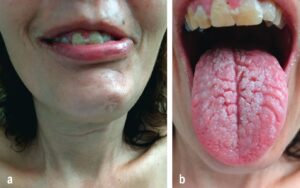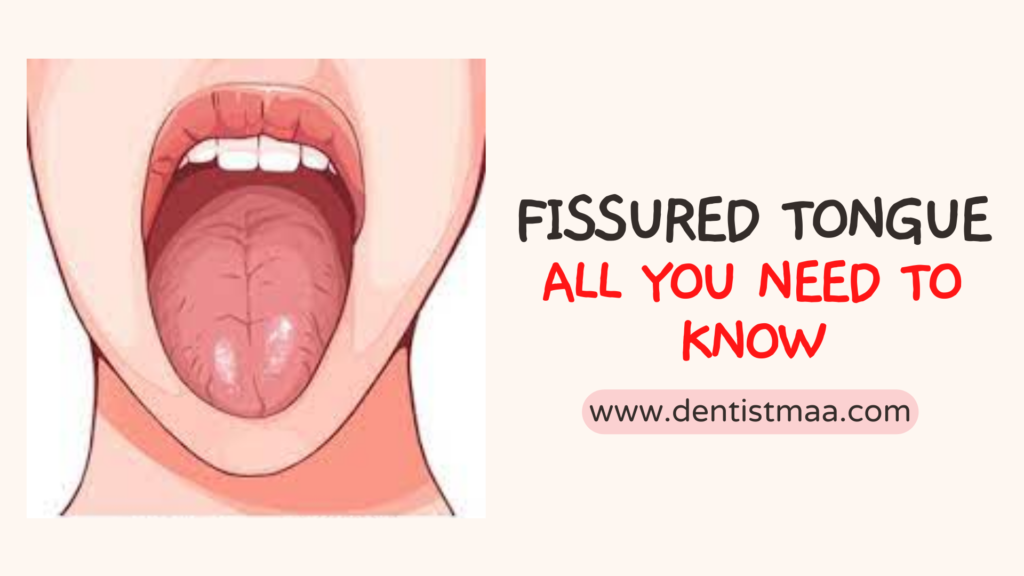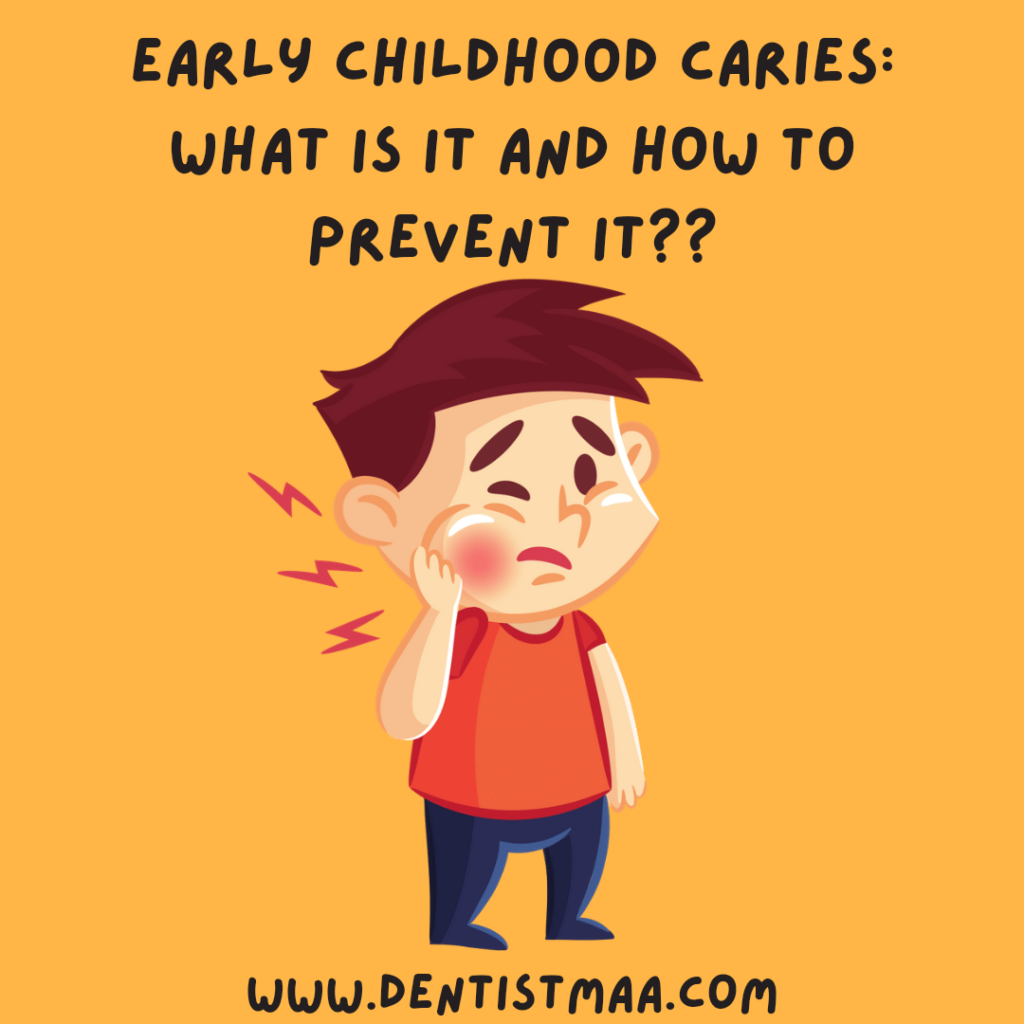Fissured tongue simply means that you have some grooves (fissures) or furrows on the surface (dorsum) or sides (lateral aspect) of your tongue, which may range from 2 to 6 mm in depth. Some patients may have a central midline fissure with smaller fissures branching off at 90-degree angles. Other patients may have numerous grooves crisscrossing the tongue, separating the surface into small islands.1 It is a variation of the normal tongue. It is also known as the “Scrotal Tongue” or “Lingua Plicata”. The fissures can vary in depth and number.
Patients with fissured tongue are usually asymptomatic and it is typically diagnosed during a routine clinical examination. It is benign and there is nothing much to worry about if you have a fissured tongue. It is benign i.e. non cancerous and there is nothing much to worry about if you have a fissured tongue. But yes, do not self diagnose. If you notice anything that is different with your tongue please contact your dentist immediately.
Q. What is the reason for fissured tongue or what causes fissured tongue?
A. No exact reason of the fissured tongue is known, although genetic predisposition is seen. As it is regarded as a normal variant there is nothing much to worry about. Some studies have shown slight male predilection. If you have fissured tongue the only problem is you need to clean the tongue regularly twice daily so that the food doesn’t get accumulated in the fissures which might cause halitosis and even other infections.
Chronic trauma and vitamin deficiencies may play a role in the formation of fissured tongue. 2
Related: Do you need to clean your baby’s tongue?
Q. At what age is fissured tongue mostly diagnosed?
A. The condition can be diagnosed in the childhood itself, but is more frequently diagnosed in the adulthood. The fissures tend to increase with the age and get even more prominent. The prevalence ranges from 0.5 -5%. Men are slightly more affected than women with fissured tongue.
Q. How is fissured tongue diagnosed?
A. A fissured tongue is generally diagnosed at a routine dental examination. If you notice something unusual about your tongue you can visit your dentist and they can help you with the diagnosis. If in doubt, a biopsy can be taken and sent for histopathology.
Q. What other conditions are associated with fissured tongue?
A. There are a few conditions that can be found related to the fissured tongue.
Geographic Tongue: Also known as the Benign migratory glossitis, as it keep changing from one place to the other. Again the reason is unknown but is mainly seen in conditions such as stress. Geographic tongue has been seen along with fissured tongue in few cases. No treatment as such is required for geographic tongue also.

Melkersson-Rosenthal syndrome: This condition is a triad of swelling on the face, paralysis of the seventh (facial) nerve and fissured tongue. The cause is unknown. Fissured tongue can aid in diagnosing the syndrome.

Down Syndrome: Most of the kids with Down Syndrome are seen to have fissured tongue.
Psoriasis: It is an autoimmune disease which mainly affects the skin. Fissured tongue is commonly seen in people with oral psoriasis. In other forms of psoriasis 6.5-20% of the people were found to be affected.
Glossitis and angular cheilosis in riboflavin (Vit B2) deficiency, sore tongue in iron deficiency anemia, dwarfism, hypogonadism and glossitis in zinc deficiency should be considered while arriving at a diagnosis.3
Q. Is there any treatment?
A. There is no treatment required for a fissured tongue. The only thing that needs to be done is maintain good oral hygiene, brush twice daily and rinse after every meal. This will keep the fissures free of any food and debris which might act as a source of irritation. If there is bacterial infection in the fissures, brushing of tongue with 3% Hydrogen peroxide can be done to reduce the number of bacterias.
For more details on fissured tongue or any other dental issue you can reach us at www.32sparklets.com and book an appointment with the experts.
Related: Tongue Tie (Ankyloglossia)
Disclaimer:
This blog provides general information about fissured tongue. The opinion and content on this blog is only for conversational purposes and should not be interpreted as medical or dental advice pertaining to any particular individual. If the reader or any other person has a medical or dental concern, he or she should consult with an appropriate licensed medical or dental physician or a health care provider.
References:
- Developmental Defects of the Oral and Maxillofacial Region. Brad W. Neville DDS, … Angela C. Chi DMD, in Color Atlas of Oral and Maxillofacial Diseases, 2019
- Shafer WG, Hine MK, Levy BM. A text book of oral pathology. Bangalore, Prism Books. 1993:25–26.
- Chakraborty SK. FISSURED AND BURNING TONGUE. Med J Armed Forces India. 2000 Jan;56(1):89. doi: 10.1016/S0377-1237(17)30112-0. Epub 2017 Jun 8.





Nicely explained. This was helpful.
Thank you so much 🙂
Thanks it was very informative
thank you so much 🙂